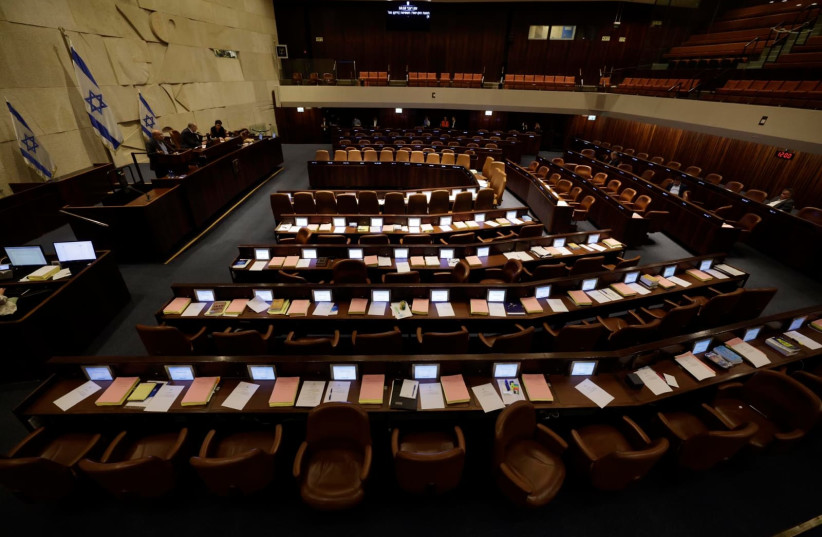Existential fear is chronic and blinding. Israelis have been living a nightmare for close on eighth months, while dealing with feelings of anxiety, desperation, and depression. Emotions and thoughts have begun to shape our actions on a national level. Following Turkey’s suspension of trade over the war, the Israeli government’s response was defensive, with Finance Minister Bezalel Smotrich vowing to slap tariffs on Turkish imports and destroy the free trade agreement between the two countries. These declarations exemplify the political manifestation of these emotional war-time mentalities. Crisis and fear, when they seep into policy, breed protectionist, nationalist policy.
Nationalist policies are a quick fix – they feel good in the moment, temporarily settle anger, providing satisfactory revenge. As with most retaliation, however, the fleeting impact settles into problematic consequences. Ripple effects from our response to Turkey are poised to put the Israeli economy in a precarious situation. Israel cannot afford to isolate itself right now. We have no UN veto; our military budget pales in comparison to that of our enemies; our global power standing is trying, at best. Isolationist policies will only entrench our geopolitical island situation. In essence, we are playing right into the enemies’ strategy. As days stretch into months of war, our enemies are tallying up points.
The strategic approach that we need to adopt is interdependence, trade, and free market allocation of resources. The more connected we are to international actors, the more interest they will inherently have in Israel. Strong trade agreements reduce conflict and create platforms for collaboration. This is not the time to retreat and build up walls, it is time to double down on connectivity and international agreements, particularly trade.
Crucially, reinforcing and creating agreements that will extend beyond the war are active steps that the government can take now to shape our post-war future. We need to lay the ground work for the “day after” reality that we want, that we deserve.
Israel is a powerhouse; we have spent years developing technological capabilities and human capital. At the end of the day, Israel also brings a lot to the table and can offer a lot to many countries. Leveraging our advantages and establishing partnerships across the globe will cement our place on the global stage. Settling on goals – such as normalization with Saudi Arabia – will create a road map of policy steps that we can take to get there. Establishing a national behavior that will encourage deeper economic ties will provide more incentive than words can.

Cheap political moves need to be cast aside and the national future must be kept in mind. While politicians spout inflammatory remarks, the citizens of Israel need to remain centered and headstrong, bent on finding a sustainable reality on the other side of the war. The leaders of this country cannot coddle and pacify the nation with shoddy promises that only serve to further their own political agenda. Where are the leaders who are strengthening international ties rather than alienating? Where are the leaders whose choices will create a stronger, stable, post-war reality?
Dissuading rash actions
Leadership is unlikely to change, and even if it does, there is no promise of a better coalition. As citizens, our responsibility is to dissuade and discourage rash actions and divisive rhetoric coming from the top. Government should serve to protect the people but as we’ve seen time and time again, in Israel, this doesn’t seem to be the case.
Just as from the beginning of the war there have been were countless civilian initiatives to hold the country together – food drives, agricultural volunteering and so much more – this is the time to focus political pressure on forging a sustainable future.
People are wary of returning to the broken notions that defined the country pre-October 7. Many of Israel’s external actions and policies are going to define where we stand when the dust settles. The immense amount of power and drive that we possess must be poured into future-looking actions driven by hope – rather than fear that leaves us stuck in the past.
We need sustainable ideologies, mutually beneficial policies, and lasting connections, to fortify this nation for years to come.
The writer is a business administration and economics student at Reichman University, a fellow in the Argov Fellows program for leadership and diplomacy, and has a background in the fintech industry and personal financial literacy.
